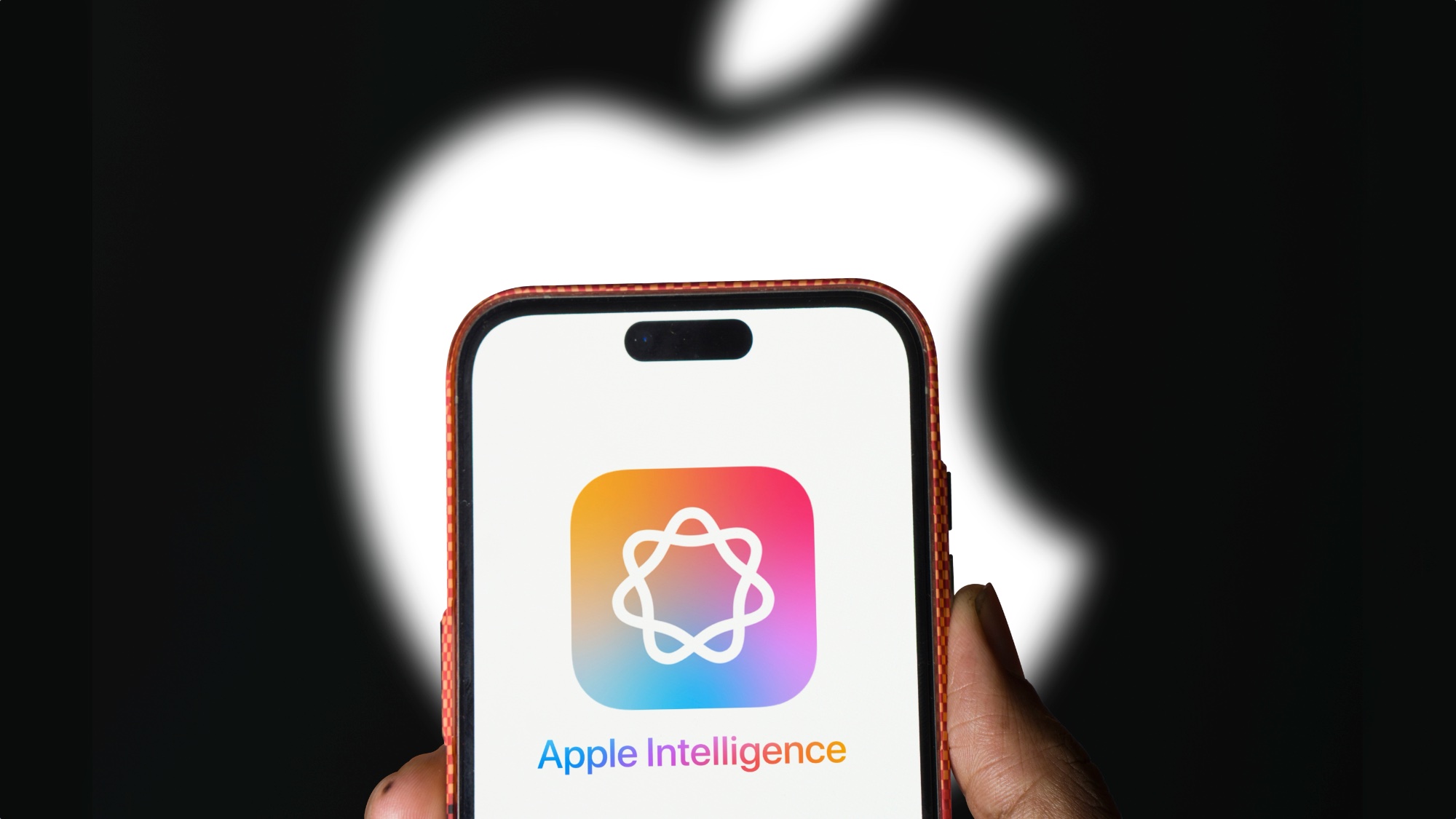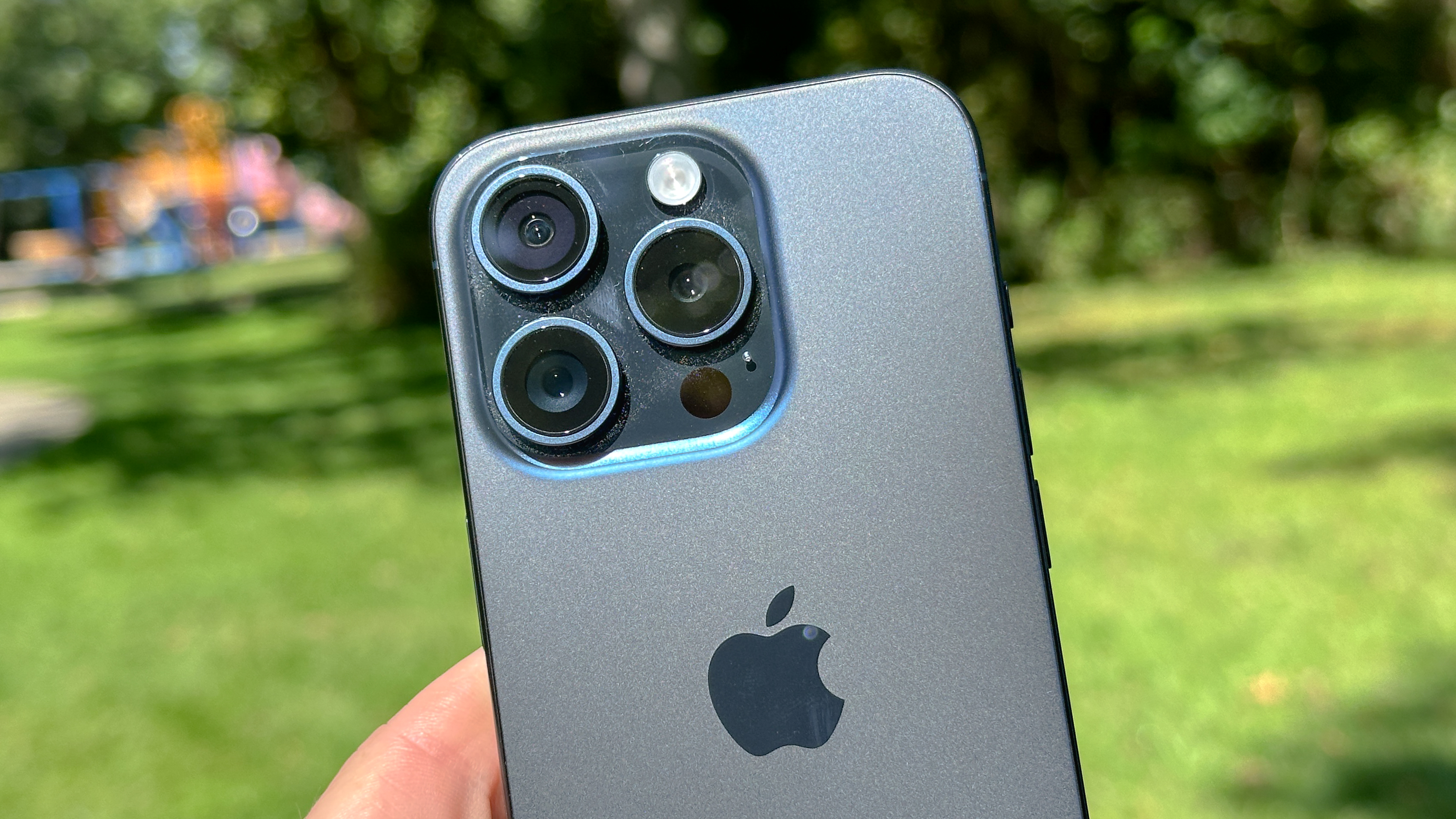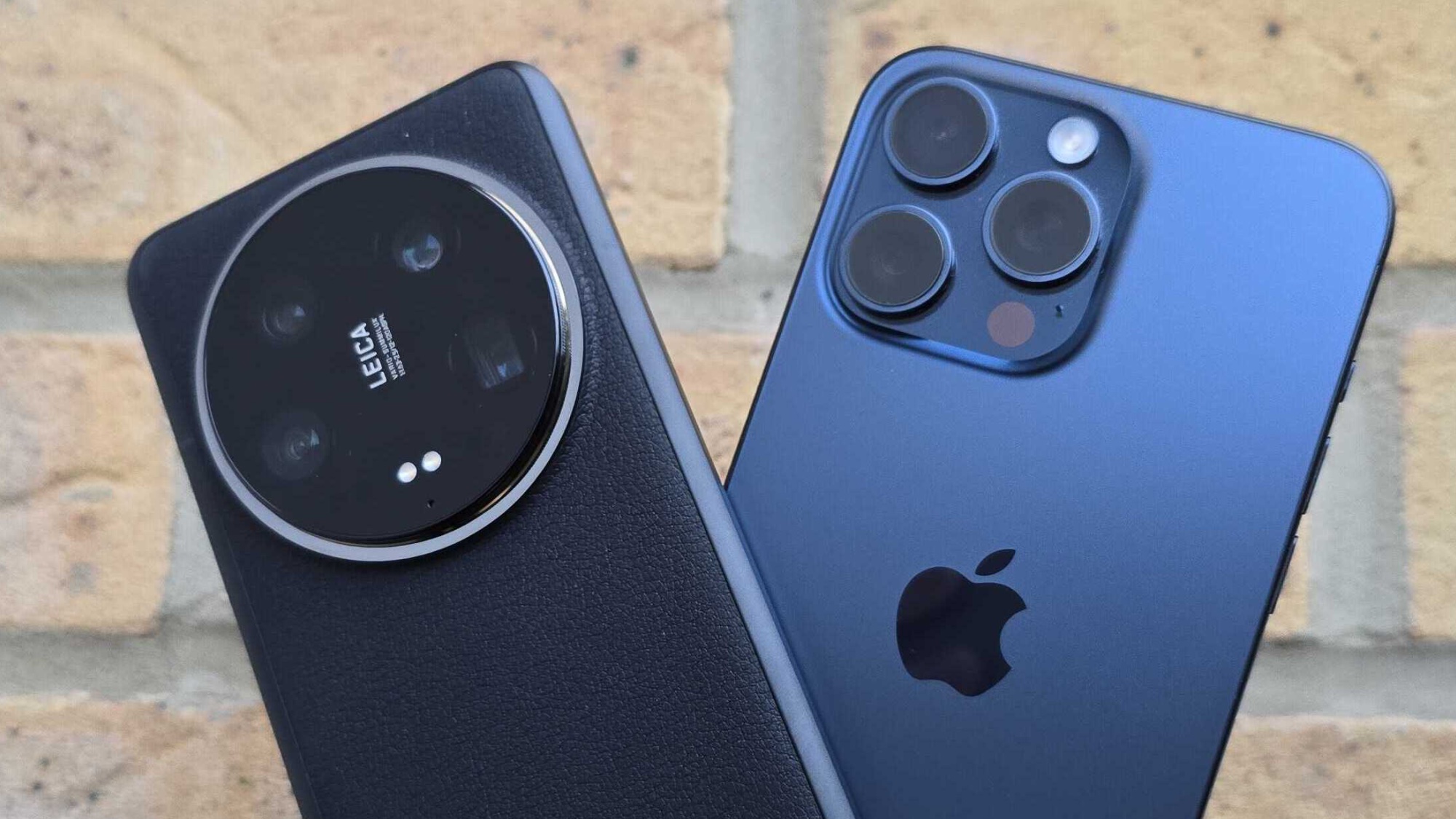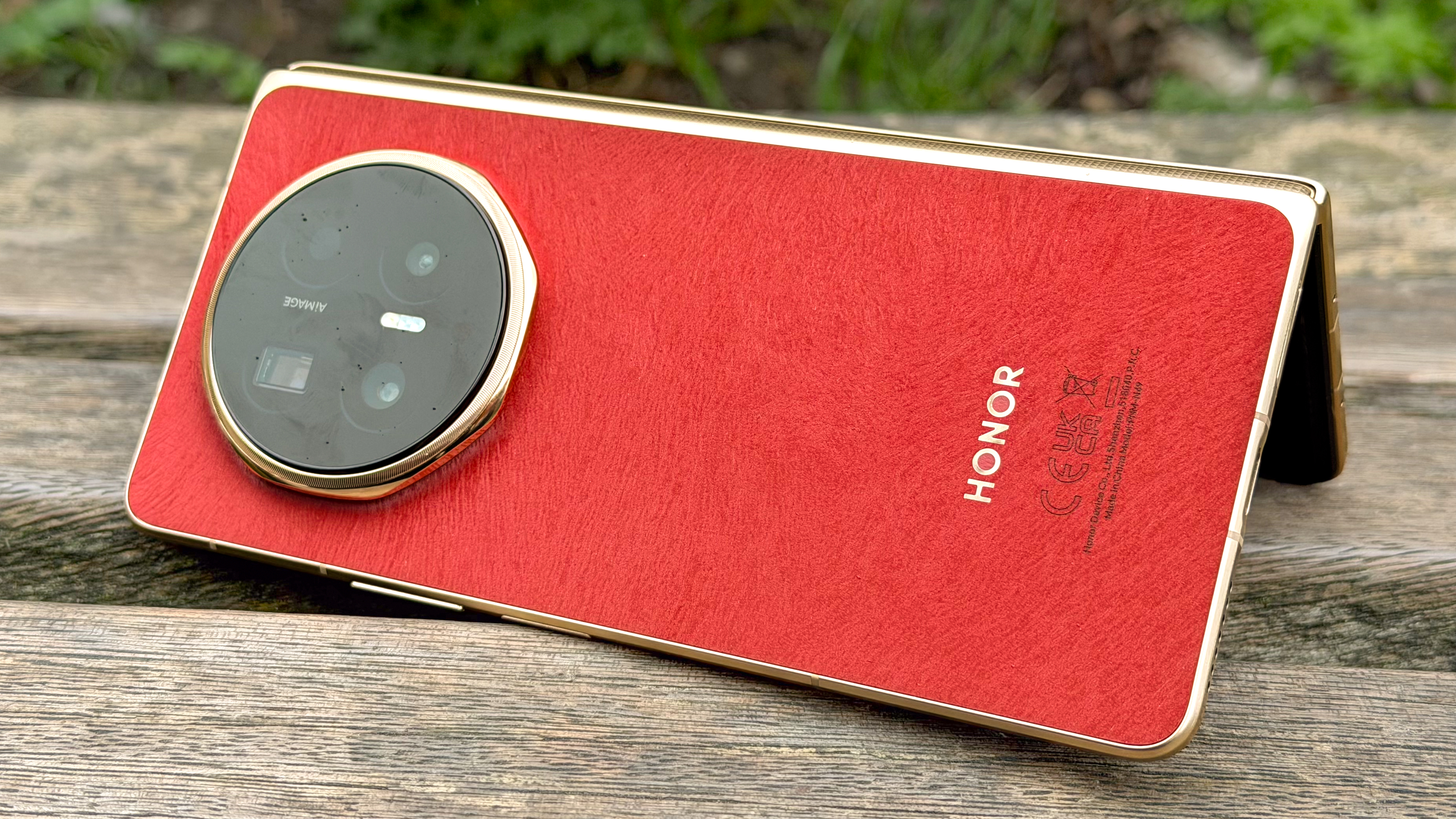Generative AI spells bad news for smartphone camera hardware — here's why
Cameras will never be the same now gen-AI is here

Here at Tom’s Guide our expert editors are committed to bringing you the best news, reviews and guides to help you stay informed and ahead of the curve!
You are now subscribed
Your newsletter sign-up was successful
Want to add more newsletters?
Join the club
Get full access to premium articles, exclusive features and a growing list of member rewards.
Recently I saw a rumor that the iPhone 17 could finally get a slim model, something we have seen numerous times before. However, there was one interesting tidbit in the rumor: the iPhone 17 Slim might only have a single camera.
This is a big deal for several reasons, but the main one is what it means for how we view phones and cameras. Today, it would be unheard of for a smartphone to be sold without at least two cameras and a wealth of shooting options. The push to build better and smarter cameras has been so constant that the sales of actual cameras have dropped. The idea that an 2025 Apple phone, even one aiming to be cheaper, would only have a single camera is insane.
Or at least that is what I thought until I remembered that AI is a thing. Formal sets of AI tools such as Apple Intelligence aside, do we really need to have as many cameras on our phones now, or is that a thing of the past?
What can cameras do that AI can't?

There's no denying that AI has seen major growth over the last few months, especially on phones. We have seen more chatbot integration, and a huge growth in machine learning. However, one of the most impressive improvements has been in the generation of images. It's easy to forget that, if you generated an image six months ago, you'd be lucky if the characters had the right amount of hands.
However, the addition of AI into phones was arguably one of the real game changers, especially when it came to cameras. AI can vastly improve how we use our phone cameras, from using a feature like Best Take to find the perfect group shot, or even editing our background elements at a touch. We can expand our pictures without a wide-angle lens and even zoom in closer than some of the best professional cameras.
With all this potential, you have to wonder why we need so many lenses in our cameras, especially as these are some of the most expensive components. For instance, the Galaxy S24 has a 50MP main camera, a 12MP Ultrawide and a 10MP telephoto with a 3x zoom. However, AI could help to remove at least one of these, potentially two as it recreates their effects on the main camera. There's an advantage to the phone maker too, considering the rising costs of chips it would be great to cut back on some components without affecting quality.
Cameras still have their place in our phones

However, that isn't to say there's no reason to have cameras, as they are still very much necessary. You will always need at least one camera so that the AI can interact with an image. You could argue that we should focus on generated images, but that is a risky road to go down. AI is better when it adds to something that already exists, otherwise it becomes impossible to tell the real from the fake.
Get instant access to breaking news, the hottest reviews, great deals and helpful tips.
Then there are some things AI definitely can't replace cameras for, like facial recognition unlocking, visual search (such as Circle to Search) or document scanning. When you want your phone to record something that's actually in front of it, be it for security reasons, learning about the world around you or recording something for later, you'll still need a camera.
What will all of this mean?

With the growth of AI, especially in terms of cameras, I think we will start to see phone makers cut back on hardware improvements across all types of phone components. We will also likely start to see AI-focused devices with low-end hardware specs that rely on cloud processing to deliver the goods, and less drastic improvements between generations of phones that still aim to provide flagship-grade hardware.
But a big question is how much this move would cost. With fewer physical components, phones could become cheaper. However, the issue is that AI software requires internal changes to work at its best, like specialized chipsets as we mentioned before, or more RAM capacity to deal with AI workloads. So, while the development costs regarding the camera might go down, we will see an increase in both the chips and the RAM to compensate. Plus cloud processing for AI is expensive, and manufacturers may not want to bear that cost all by themselves.
It is worth remembering that smartphones, despite being an established part of our lives, are still relatively new, and their advancement has been rapid. AI’s advancement is equally speedy, leaving us in a period of constant change and experimentation as phone makers learn how to marry the two together. No doubt one or two smartphone makers are going to try and rely more on AI and less on camera hardware for future device's photography loadouts. But what I want to see is how far this can actually go, as users become more familiar with generative AI and the things it can do.
If you are interested in trying out the latest AI we have a list of the best AI tools and devices we have tested this year that might pique your interest.
More from Tom's Guide

Josh is a staff writer for Tom's Guide and is based in the UK. He has worked for several publications but now works primarily on mobile phones. Outside of phones, he has a passion for video games, novels, and Warhammer.
 Club Benefits
Club Benefits










